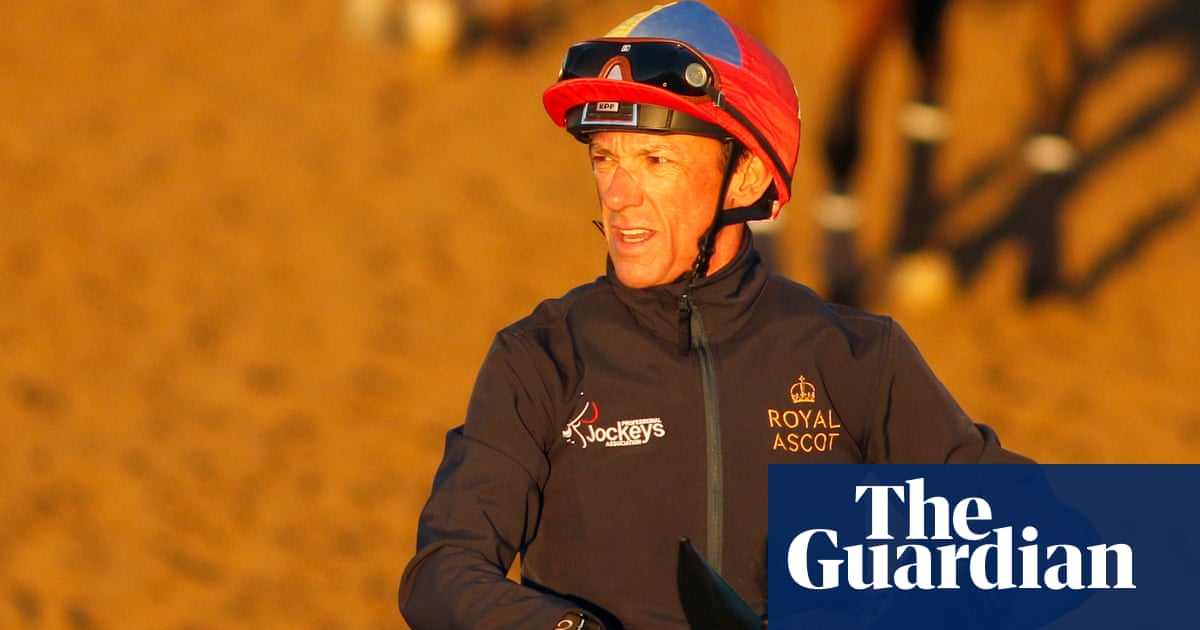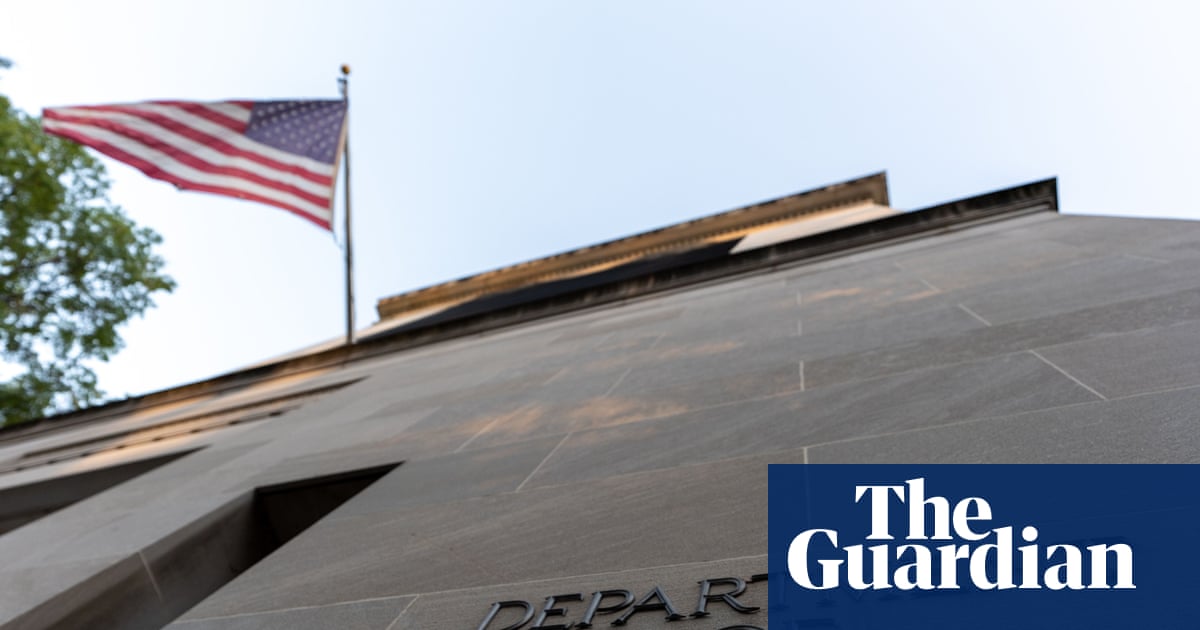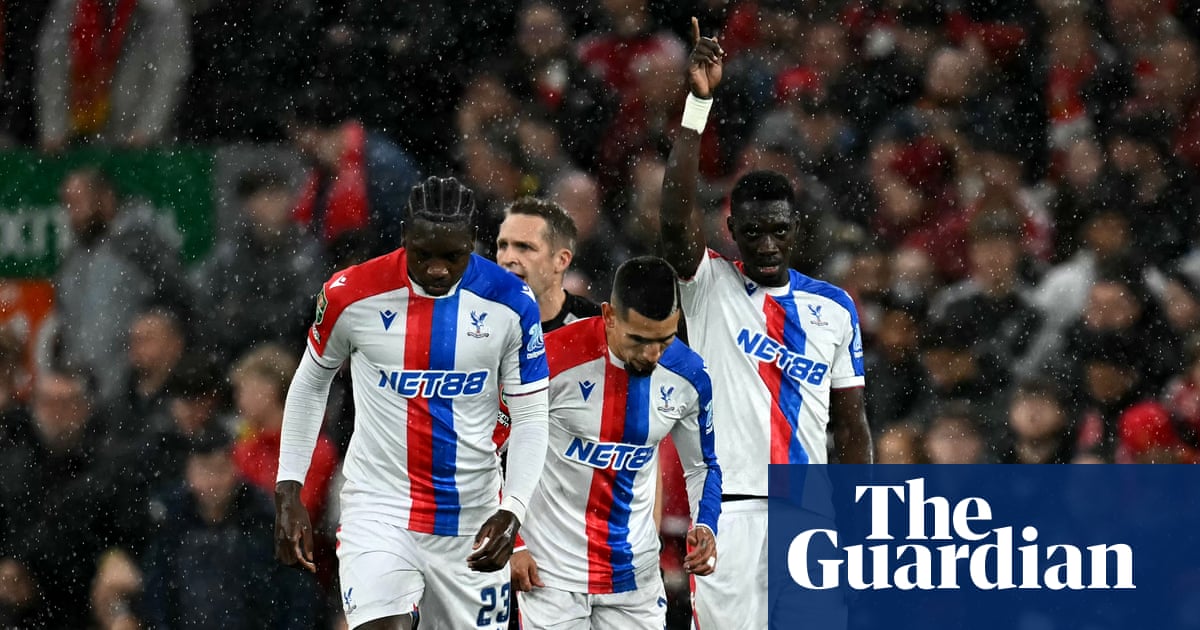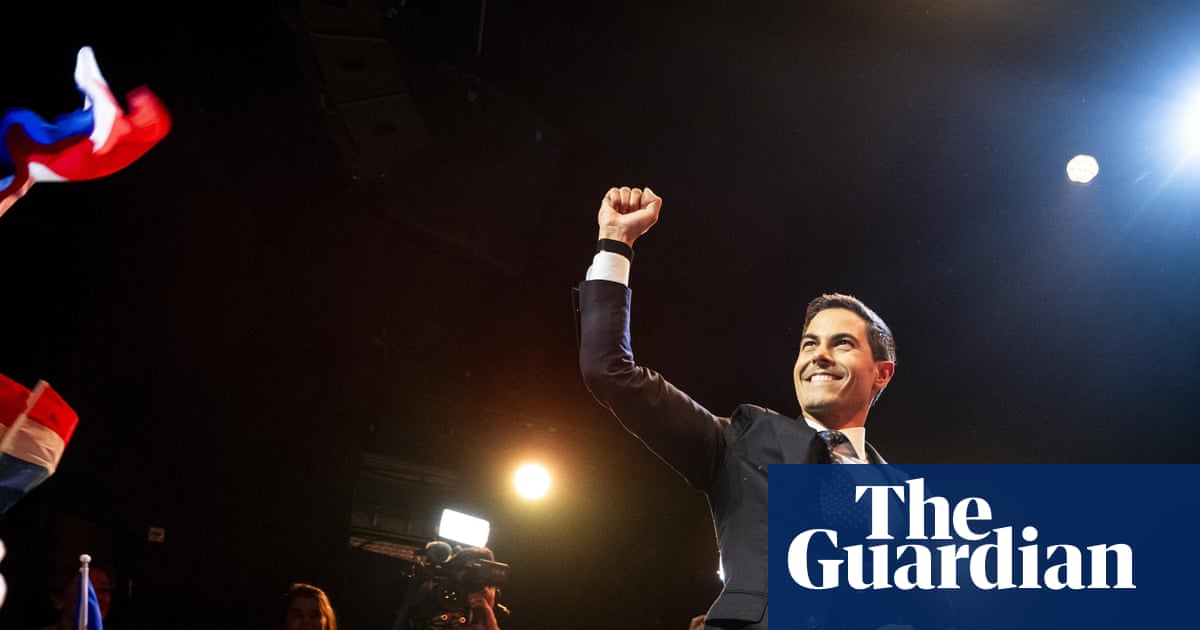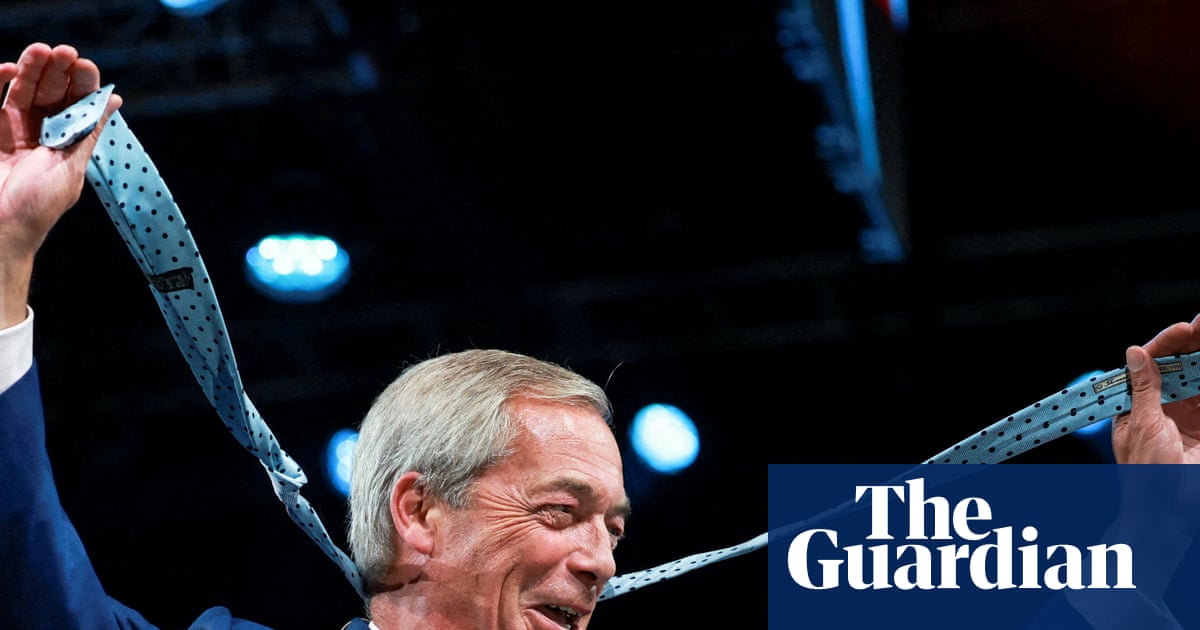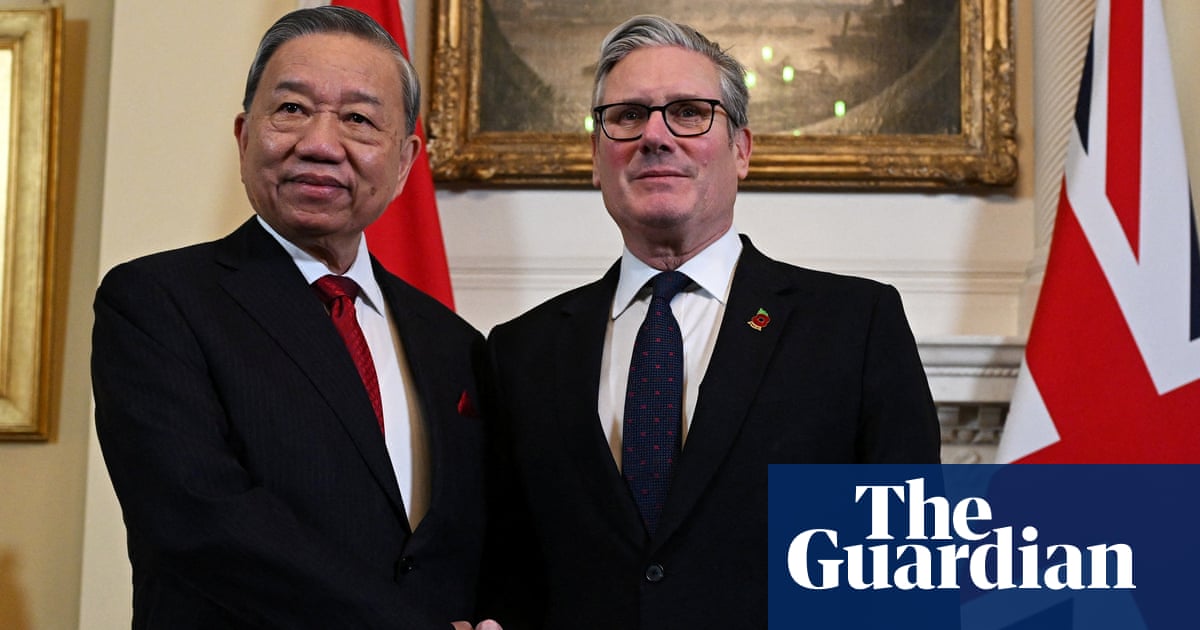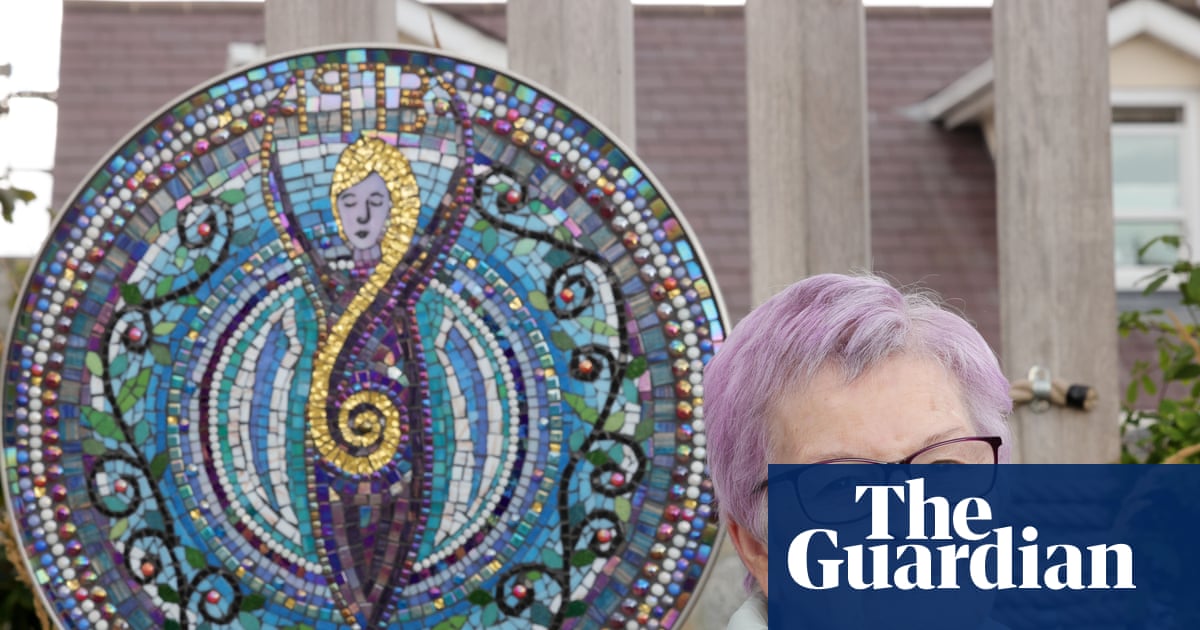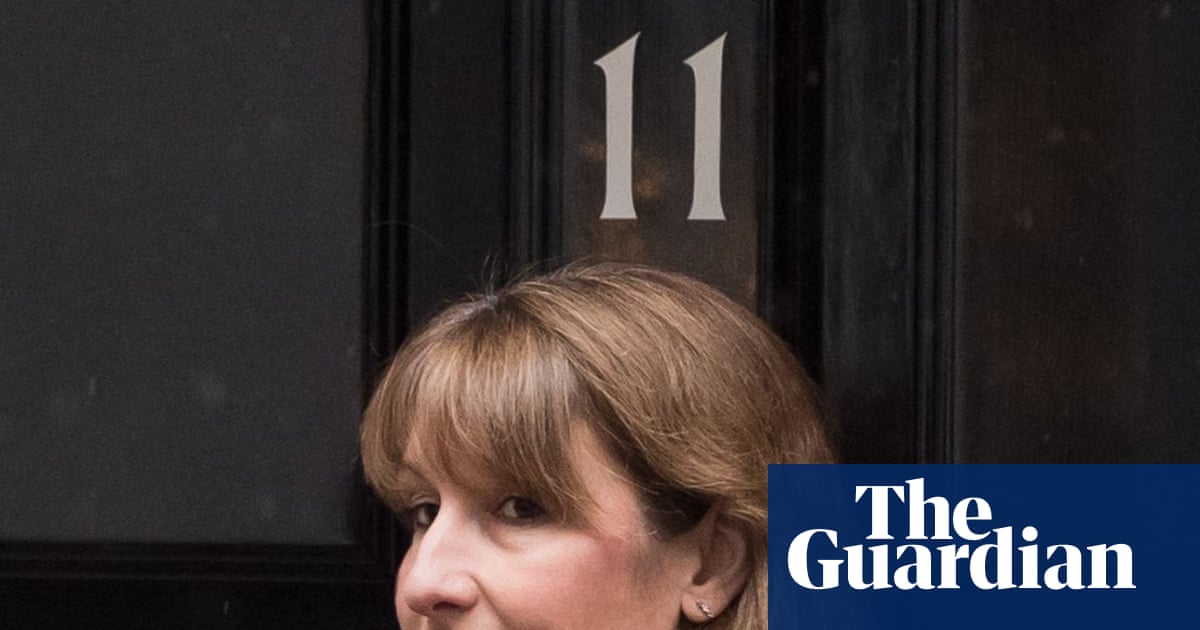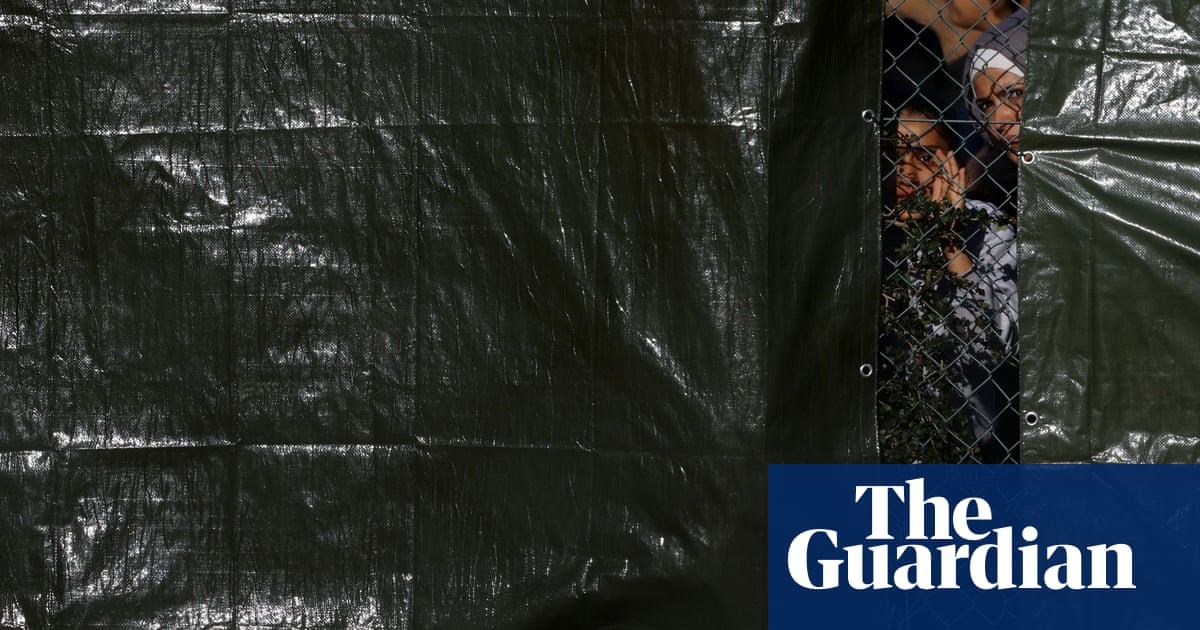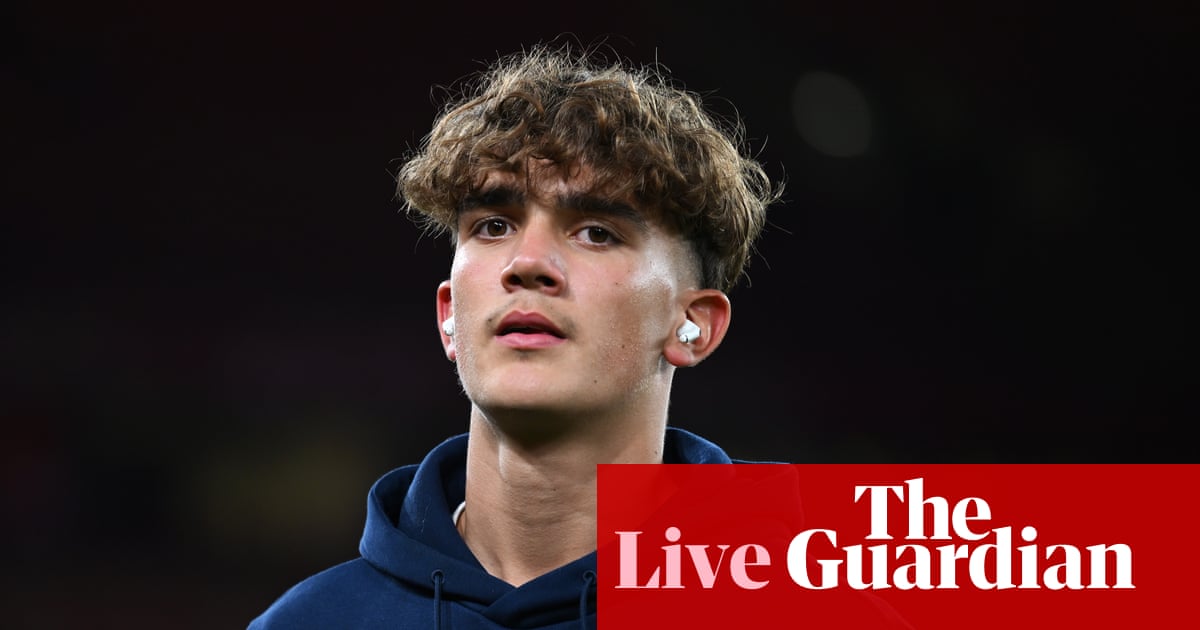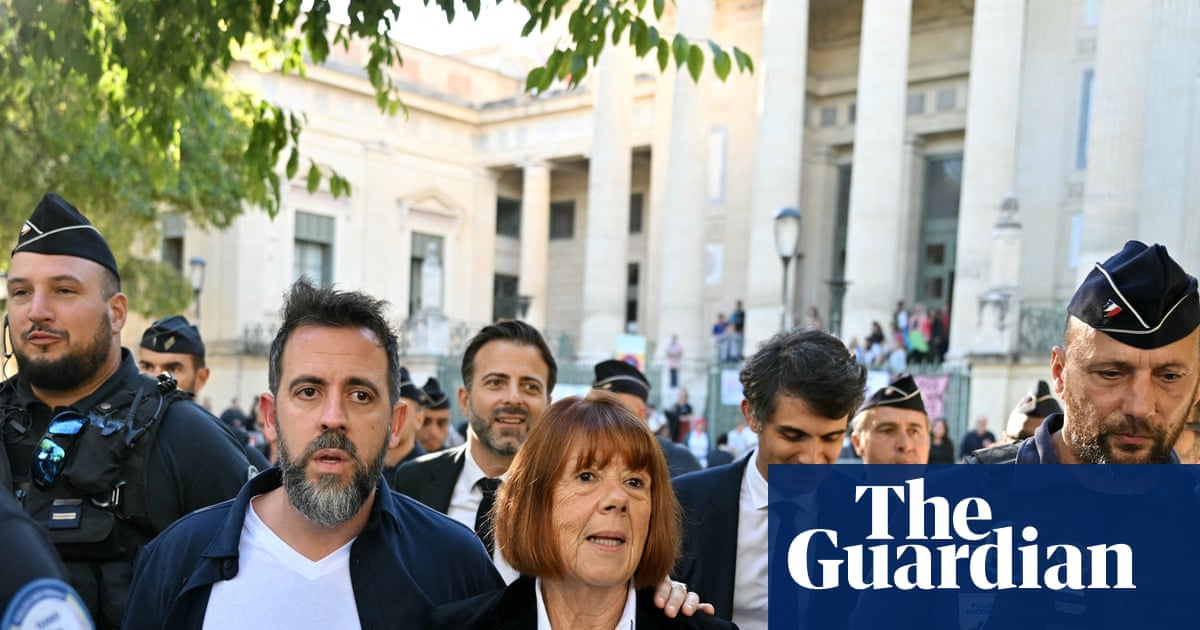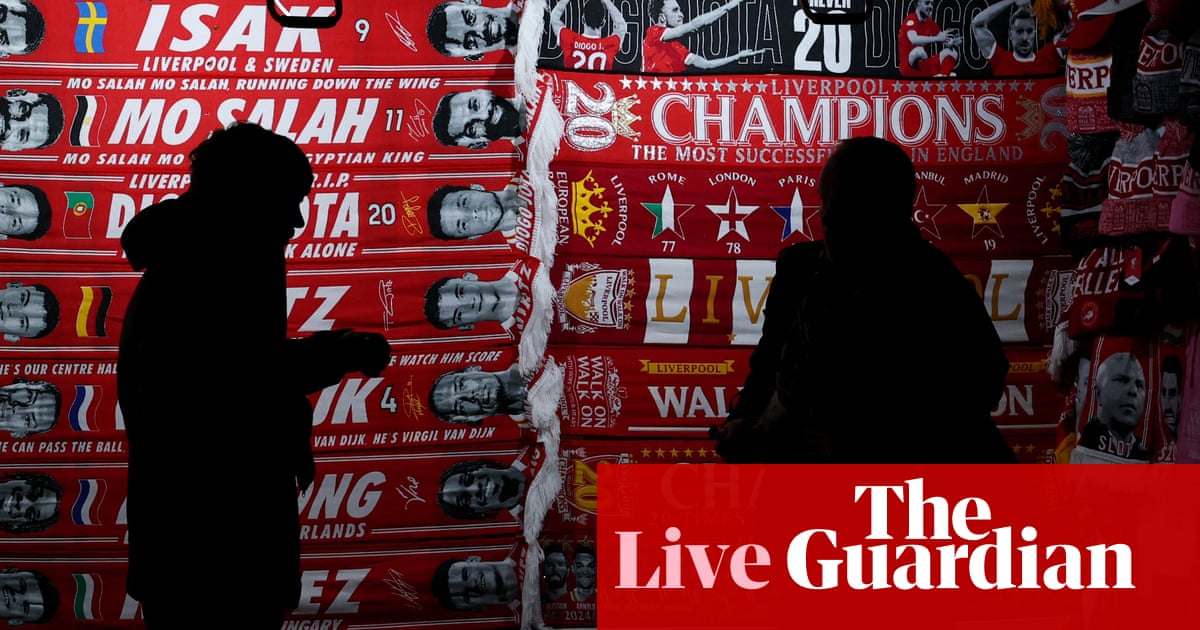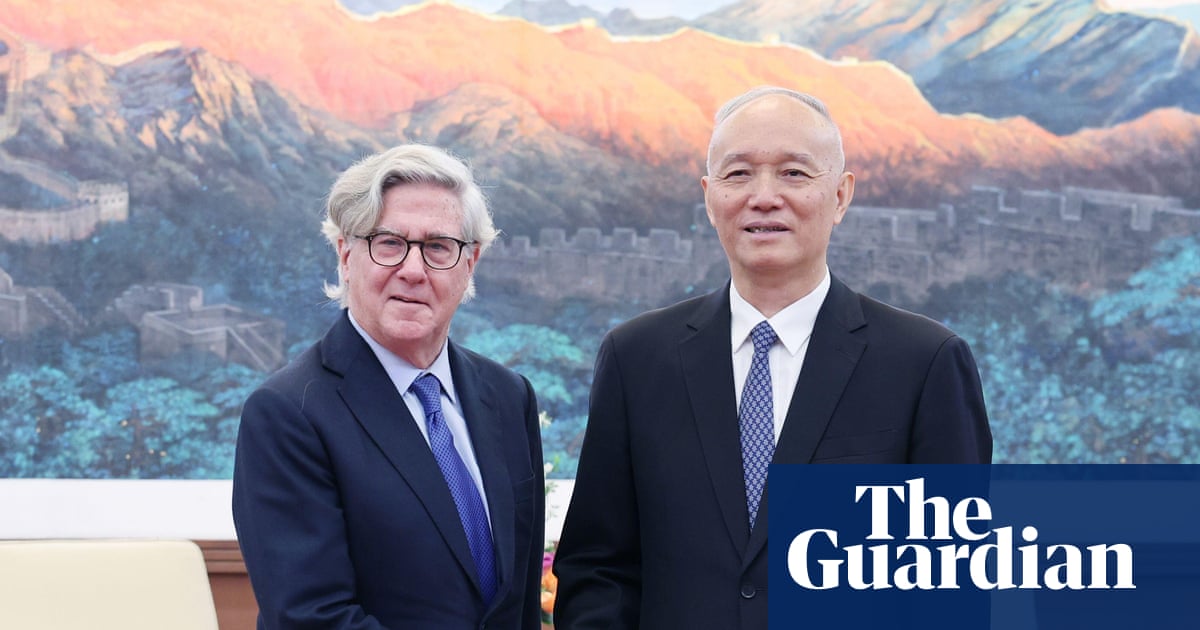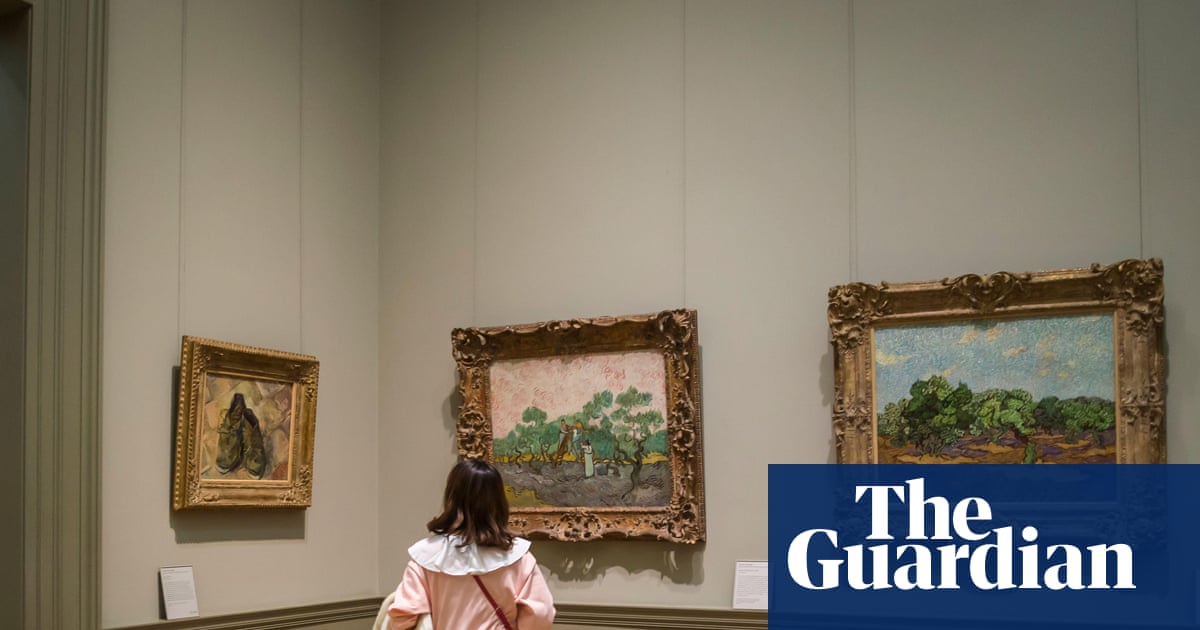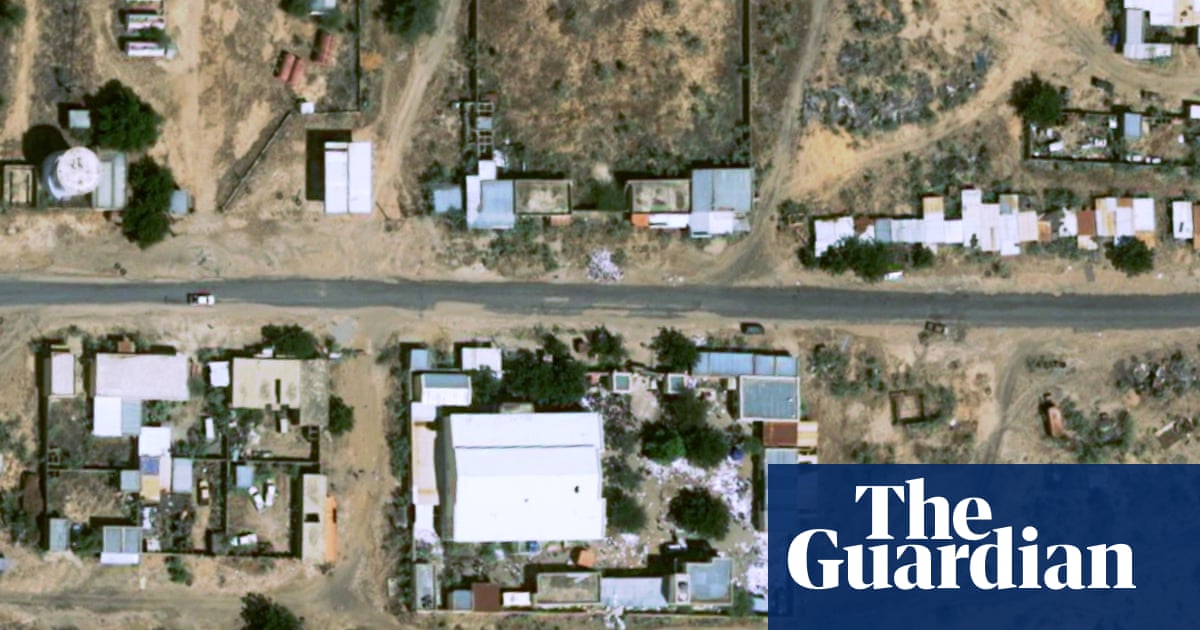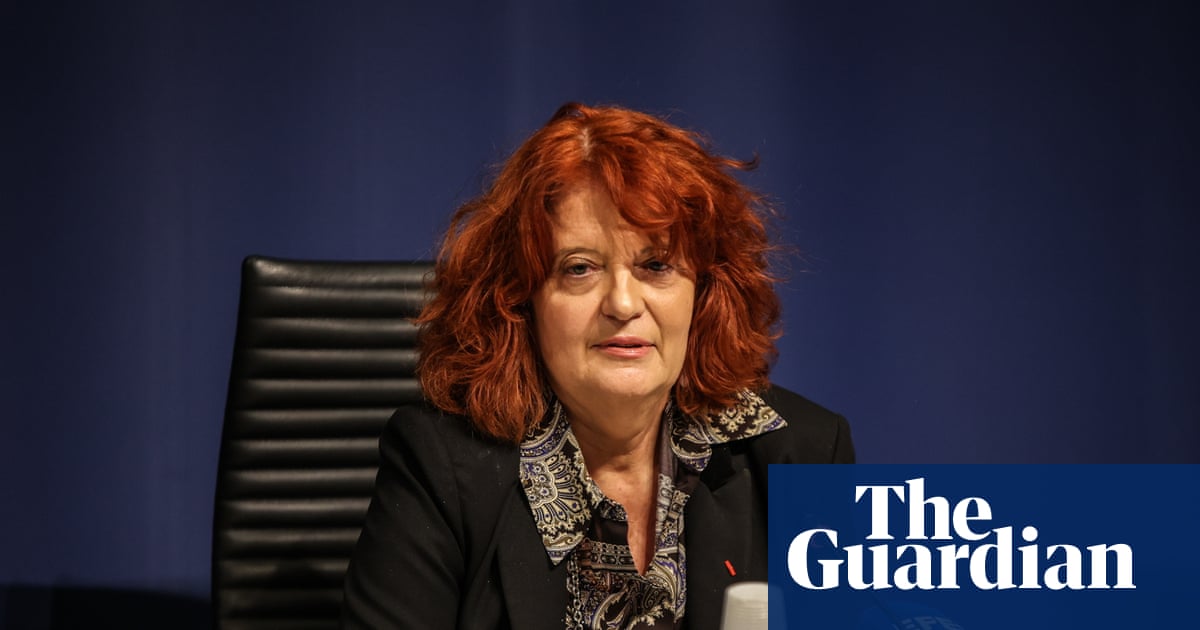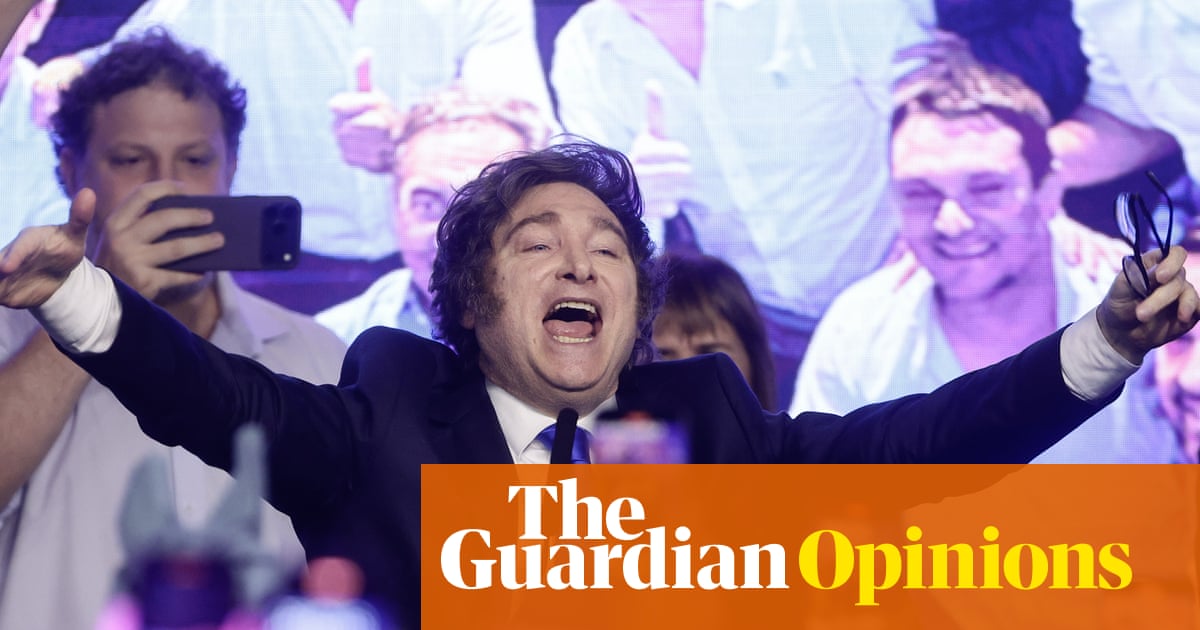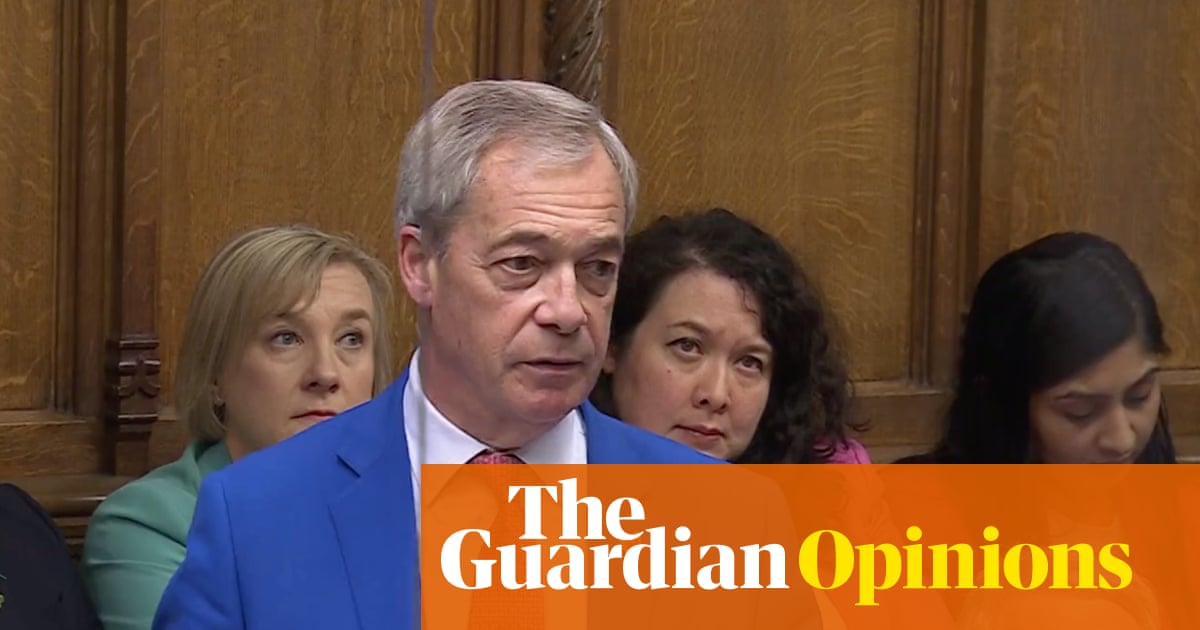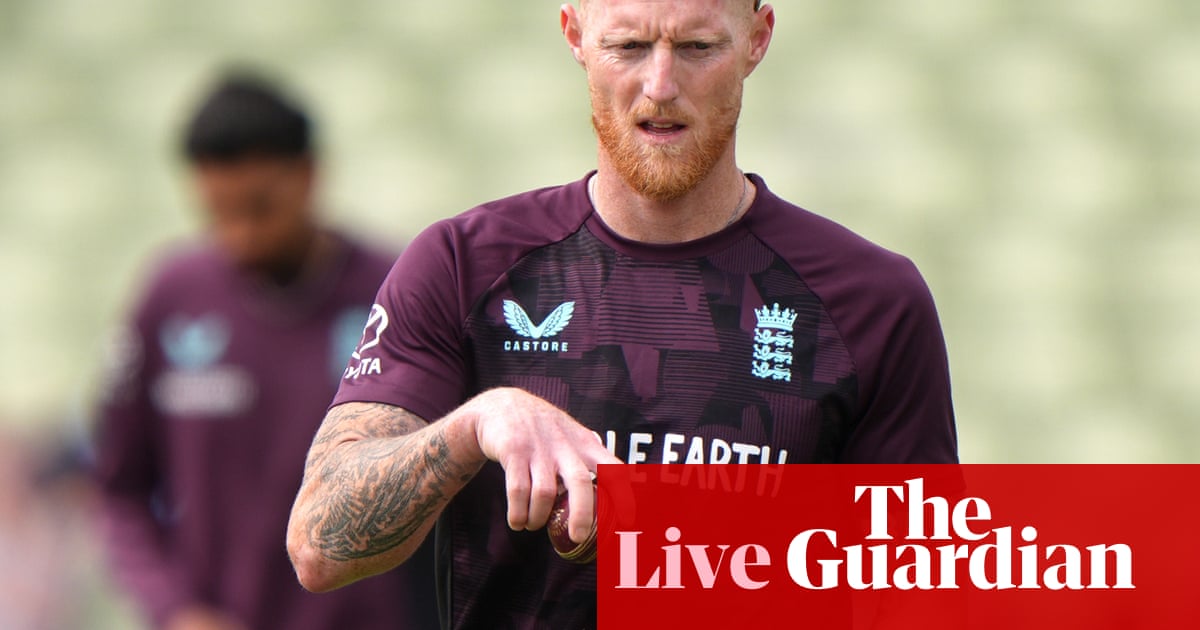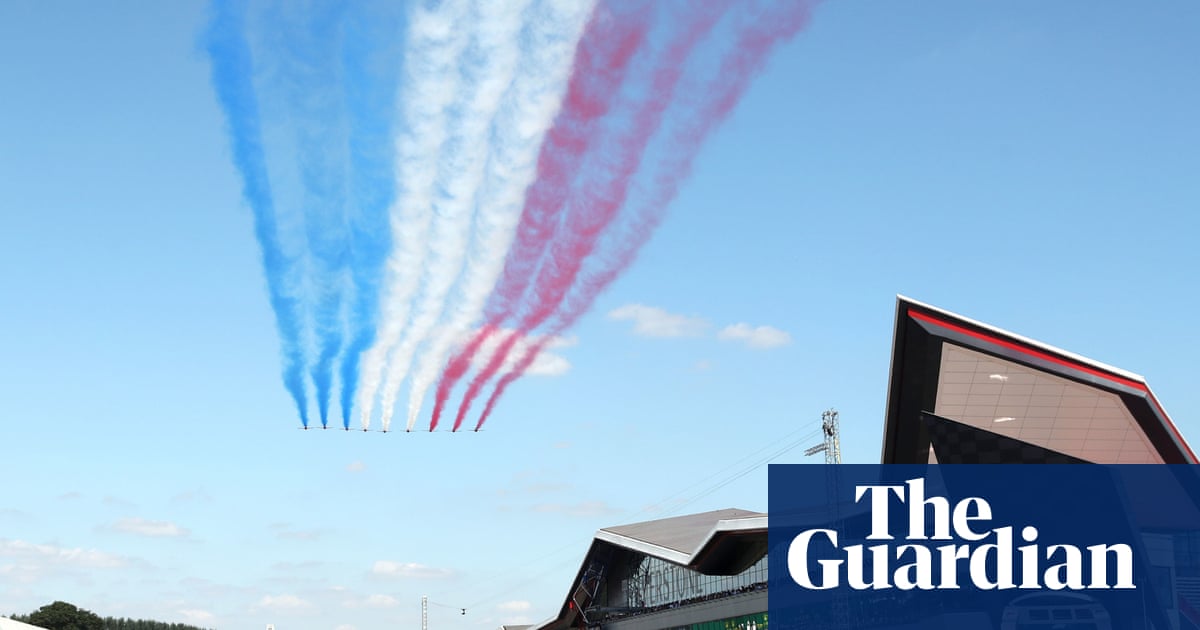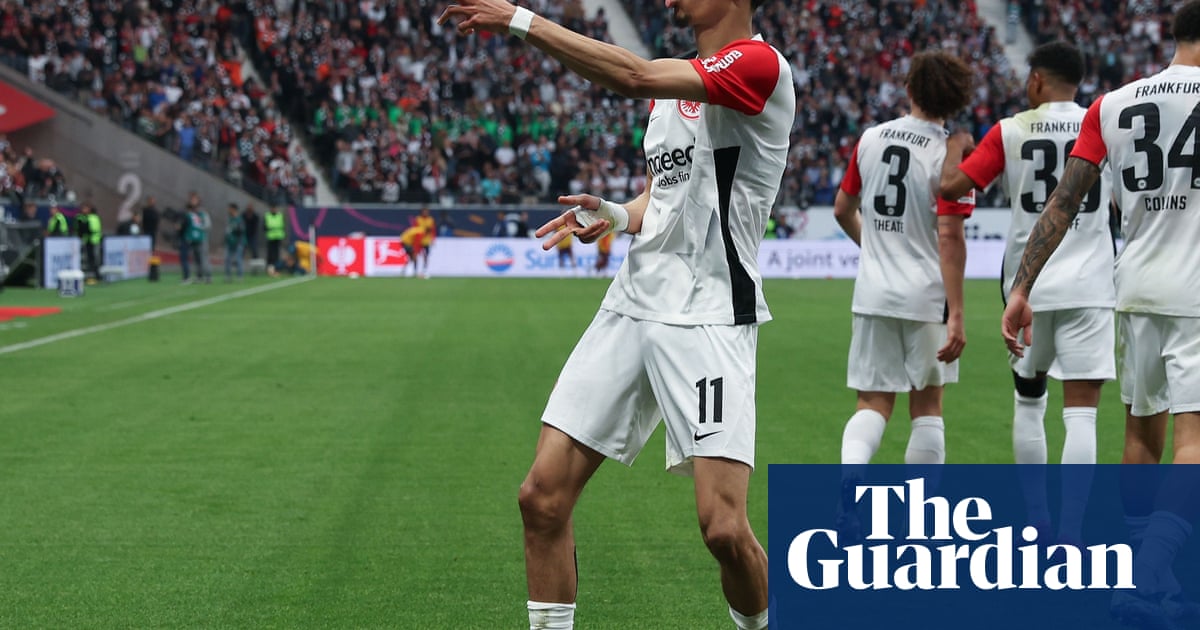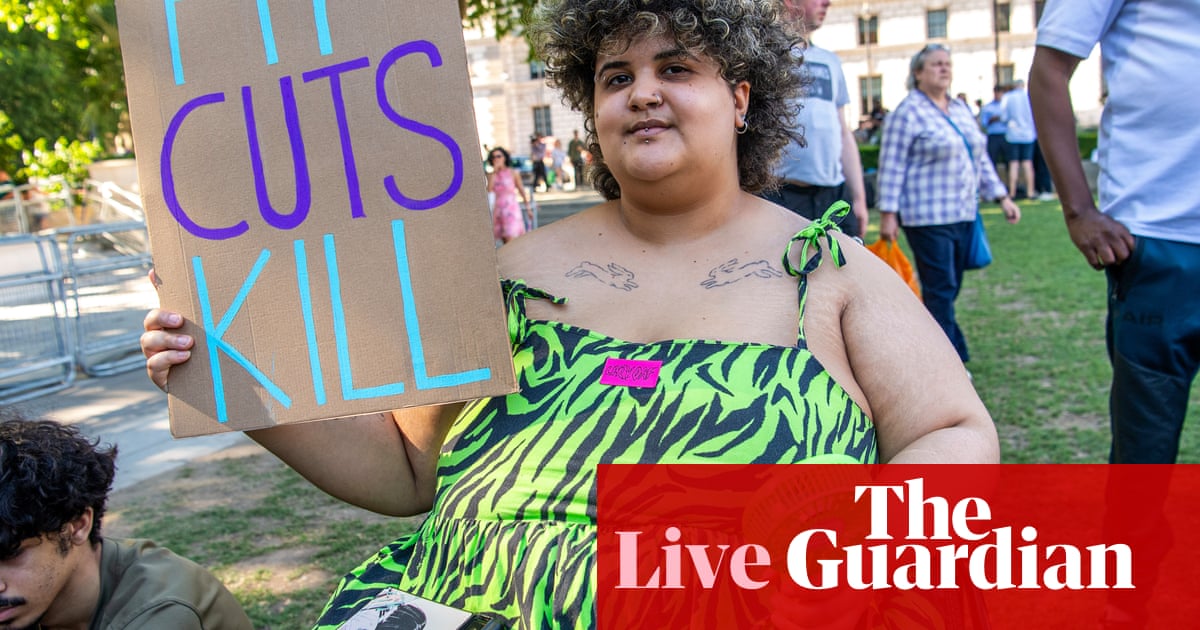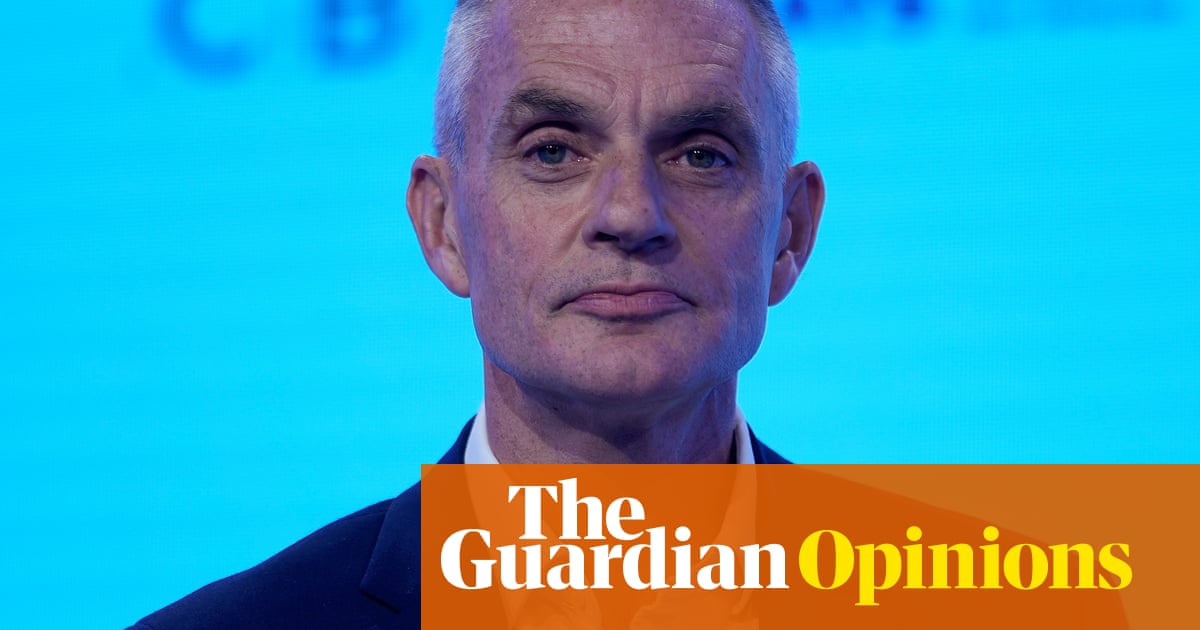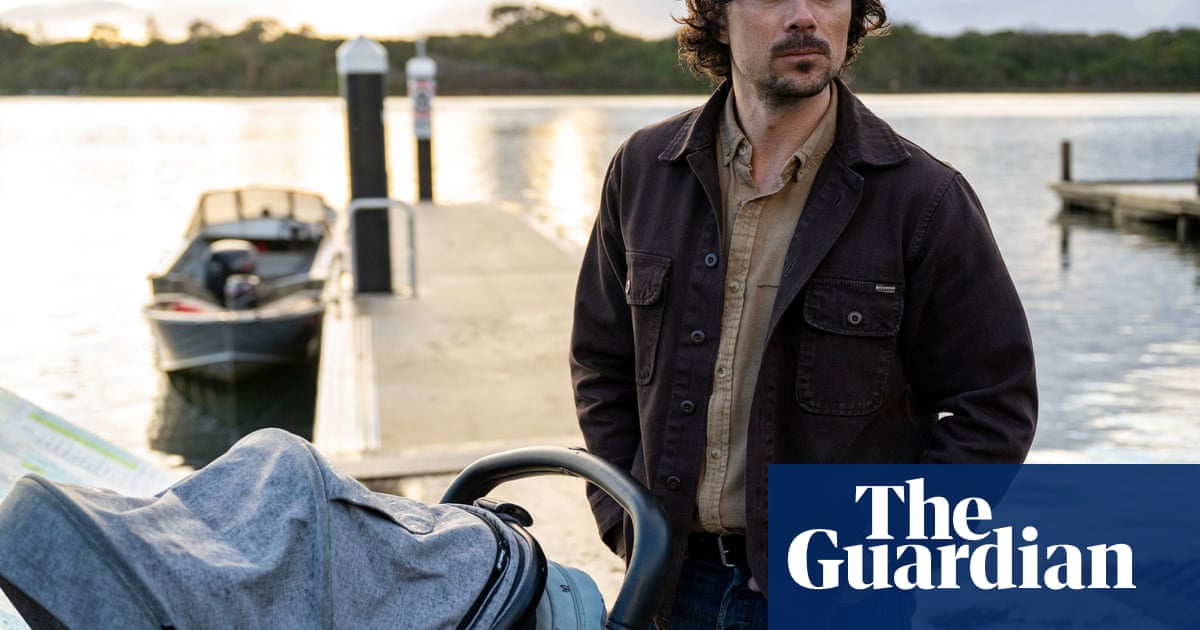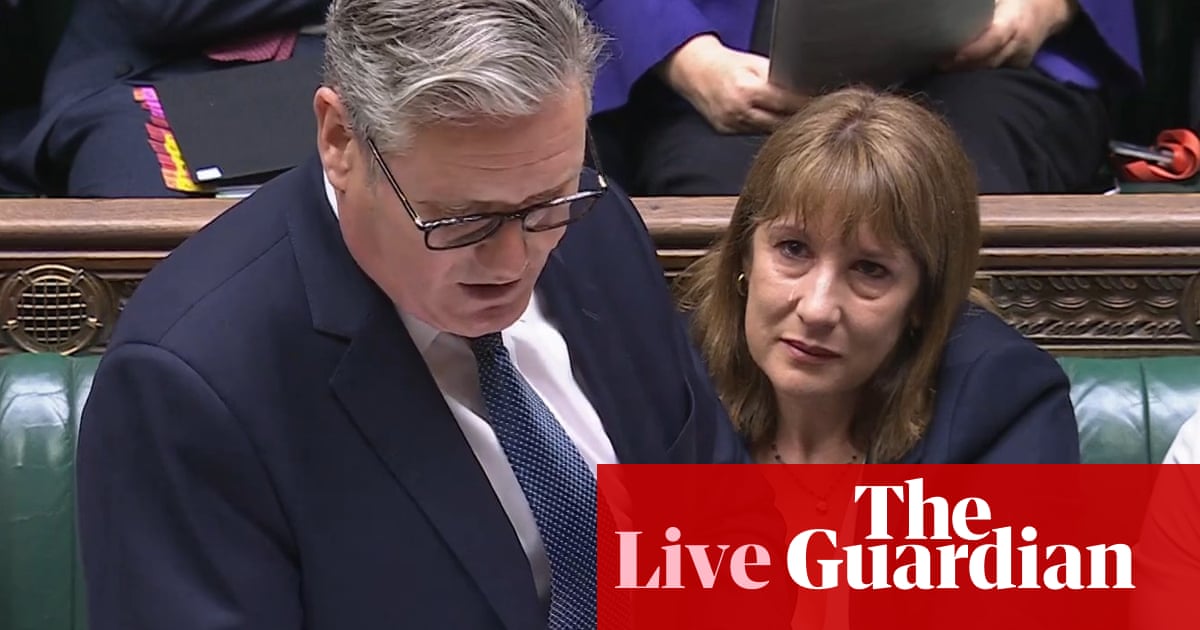Day had yet to break over Vila Cruzeiro but already dozens of corpses were splayed out along the favela’s main drag after more than 130 people were killed during the deadliest police operation in Rio’s history: grotesquely disfigured, blood-smeared bodies that had been dragged out of nearby forests and dumped on blue tarpaulins and black plastic sheets covering the street.
“I’ve brought 53 down myself … there must be another 12 or 15 up there in the bush,” said Erivelton Vidal Correia, the head of the local residents’ association, bleary-eyed from a sleepless night spent hauling bullet-riddled local men down from the hills.
Correia broke down as he described his relentless nocturnal hunt for the dead after Rio suffered what is being called one of the biggest police massacres in modern Brazilian history.
“I’ve never seen anything like this in my life, brother – not even in the Gaza Strip does this happen … I can’t bear to see any more corpses,” the community leader wept, covering his face with the surgical gloves he was using to handle the deceased.
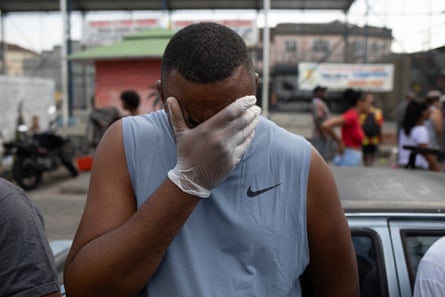
On Tuesday, Rio officials said at least 64 people, including four policemen, had been killed after 2,500 police launched a pre-dawn assault on Alemão and Penha, the vast patchwork of favelas of which Vila Cruzeiro is part. By the early hours of Wednesday the public prosecutor said the death toll had risen to 132 – even higher than the number of people killed during São Paulo’s notorious Carandiru prison massacre in 1992, when 111 prisoners lost their lives.
Between 4.15am and 9am, when government body collectors finally arrived, the Guardian witnessed pickup trucks delivering dozens of corpses to a square in Vila Cruzeiro named after Saint Luke the Evangelist.
“I’ve never seen anything like this … I still haven’t managed to comprehend what has happened. I feel empty. I have no words,” said Raull Santiago, a favela activist, as another cargo of corpses arrived, sending local women scrambling towards the carnage in search of their missing husbands, brothers or sons.
Many, perhaps all of those dead men – most seemingly in their late teens, 20s and 30s – are likely to have been members of the local drug faction, the Red Command, which Tuesday’s deadly operation was designed to target. Most of the corpses were unclothed but a few wore ghillie suits, camouflage clothing used by snipers, hunters and nature photographers to conceal themselves in the foliage from enemies or animals.

But there was fury among the scores of people who had flocked to the plaza and who claimed police had summarily executed the young men instead of detaining them. “Irrespective of whether these people were involved in the local drug trade or not, we don’t have the death penalty in Brazil … They should have been arrested,” Santiago said.
“Murderers! Murderers!” wailed Cida Santana, recalling how her son, Fabio, had messaged her at about 3pm on Tuesday to tell her he had been shot in the foot and was trying to surrender to police.
Sixteen hours later, Fabio’s corpse was shrouded under a blood-stained floral rug with what looked like knife wounds to his chest. “My God! Work a miracle, God!” Santana begged, as she collapsed on to the ground beside her child.
But there was to be no resurrection for Santana’s son, nor for the dozens of other cadavers lined up beside him outside a sushi restaurant with bullet wounds to their limbs, torsos and heads. One rescued body had been decapitated, the person’s head stashed inside an olive green pouch that was placed on the ground. Several of the men had badly broken bones or what looked like puncture wounds in their flesh.

At times, as pickup trucks continued to deliver the dead, a stunned silence fell over the throng. No one – not the veteran crime reporters, not the gangland preachers, not the battle-weary favela residents gathered there – had ever seen bloodshed on this scale. Until this week, Rio’s deadliest police operation had been a 2021 raid on another Red Command stronghold, Jacarezinho, when 28 people were killed.
“It’s surreal,” said Antônio Carlos Costa, a church leader and human rights campaigner, calling for the immediate removal of Rio’s governor, Cláudio Castro, who is an ally of Brazil’s former far-right president, Jair Bolsonaro.
Costa called the killings “a historic humiliation” for Brazil on the eve of next month’s Cop climate summit in the Amazon city of Belém.
At other moments, onlookers exploded in rage as they took in the nightmarish scene. Shell-shocked friends and relatives of the deceased ripped off the sheets covering their mangled bodies and demanded that journalists film the butchery to show the world.
“Help us, please!” implored Cláudia Silva, a 53-year-old resident, shaking with rage as she denounced what she and others called “a genocide”. “When they come in here, they kill even the rats,” Silva said of the police.
“This was a slaughter, not an operation. They came here to kill,” fumed Santana as she sat on a blood-covered bin liner next to her son’s corpse.
“In 30 years working [in the favelas] this is the greatest act of savagery, the biggest massacre I have seen,” said Flávia Pinheiro Fróes, a lawyer who had come to support the families of the dead.

Castro continued to defend the operation amid a growing chorus of outrage, including from the UN’s Human Rights Office which said it was “horrified” by the killings. Rio’s governor celebrated “a harsh blow” to the heavily armed drug traffickers who have seized control of many of Rio’s hundreds of favelas over the past 40 years. “The only victims yesterday were the police,” Castro said of the four officers killed during Tuesday’s intense gun battles with criminals he called “narco-terrorists”.
As the governor spoke, Edmar Augusto, a priest with a purple stole draped over his shoulders, sprinkled holy water on the more than 50 bodies that had accumulated at the entrance to the favela.

“We don’t want war. We want peace,” Augusto, 50, told the favela’s mourners, his voice breaking with emotion. “So many families are crying! And I want to cry with them! Society cannot stay silent,” the priest bellowed, staring skywards to recite the Lord’s Prayer.
As he waited for another car-load of bodies to arrive, Correia, the community leader, recalled how two decades earlier a group of local evangelical missionaries had warned that the favela would one day suffer a momentous bloodbath. “We didn’t believe them. We never believed it would happen,” said the 48-year-old. “[But] they prophesised this – and today it has come to pass.”

.png) 4 hours ago
5
4 hours ago
5
